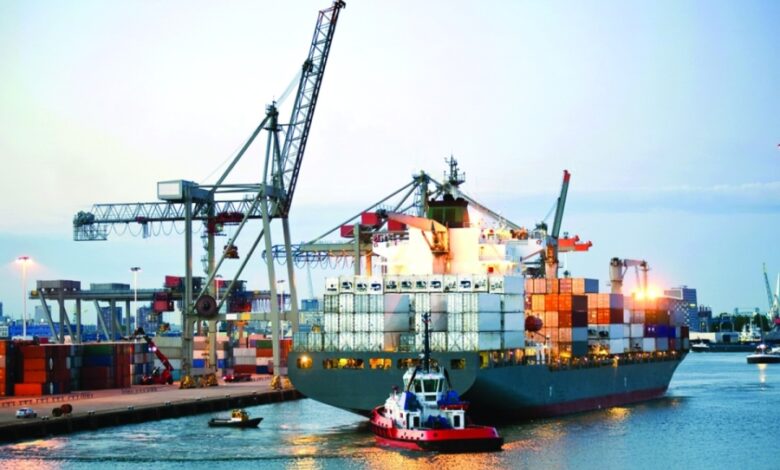
A new report by the United Nations Conference on Trade and Development (UNCTAD) warns that global maritime transport is entering a period of heightened uncertainty, volatility, and rising costs, while the pace of trade growth slows.
According to the report, after strong expansion in 2024, global maritime trade is expected to grow by only 0.5 percent in 2025. Geopolitical tensions, shifts in trade policies, climate-related challenges, and regulatory changes are reshaping shipping routes and driving up costs, reports Al-Rai daily.
The report highlights freight rate volatility, noting that the rerouting of ships through the Red Sea in 2024 and heightened tensions in mid-2025 affecting shipments through the Strait of Hormuz have contributed significantly to higher shipping expenses.
UNCTAD stressed the urgent need for ports to adapt by accelerating digital transformation, reducing congestion, and building sustainable and resilient infrastructure. Yet many developing countries remain far behind in these areas.
The report also warned that shipping emissions are projected to rise by 5 percent in 2024, with only 8 percent of the global fleet currently equipped to use alternative fuels. Labor-related challenges have also worsened in the past year, further straining the sector.
To address these challenges, the United Nations called for adopting stable trade policies to restore supply chain confidence, investing in green and resilient shipping infrastructure, accelerating digitalization, enhancing cybersecurity, and supporting vulnerable developing economies to mitigate the effects of rising costs.
UNCTAD Secretary-General Rebecca Grynspan described 2025 as a year of “environmental, technological, and geoeconomic transformations” in maritime transport.
She noted that ship traffic through the Suez Canal has fallen by 70 percent, while instability around the Strait of Hormuz—through which about 34 percent of global seaborne oil exports pass—underscores the need for constant dialogue on maritime security. Grynspan added that disruptions to port operations have become a chronic issue rather than isolated events, highlighting the urgency of coordinated international action.
Follow The Times Kuwait on
X, Instagram and Facebook for the latest news updates












